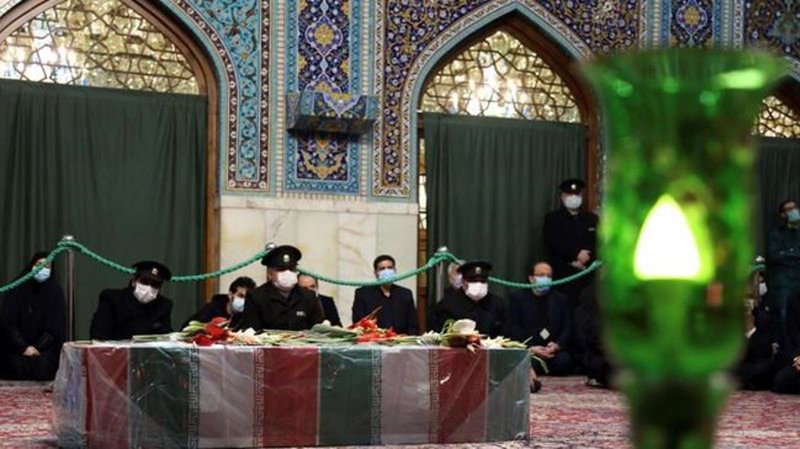
Iran newspaper: Strike Haifa if Israel killed scientist
TEHRAN, Iran — An opinion piece published by a hard-line Iranian newspaper on Sunday suggested Iran should attack the Israeli port city of Haifa if Israel carried out the killing of the scientist who founded the Islamic Republic’s military nuclear program in the early 2000s.
Though the hard-line Kayhan newspaper has long argued for aggressive retaliation for operations targeting Iran, Sunday’s opinion piece went further, suggesting any assault be carried out in a way that destroys facilities and “also causes heavy human casualties.”
Israel, suspected of killing Iranian nuclear scientists over the past decade, has not commented on the brazen slaying of Mohsen Fakhrizadeh. A military-style ambush Friday on the outskirts of Tehran reportedly saw a truck bomb explode and gunmen open fire on the scientist, killing him and a bodyguard.
U.S. intelligence agencies and U.N. nuclear inspectors have said the organized military nuclear program that Fakhrizadeh oversaw was disbanded in 2003, but Israeli suspicion of Tehran’s atomic program and his involvement has never ceased.


